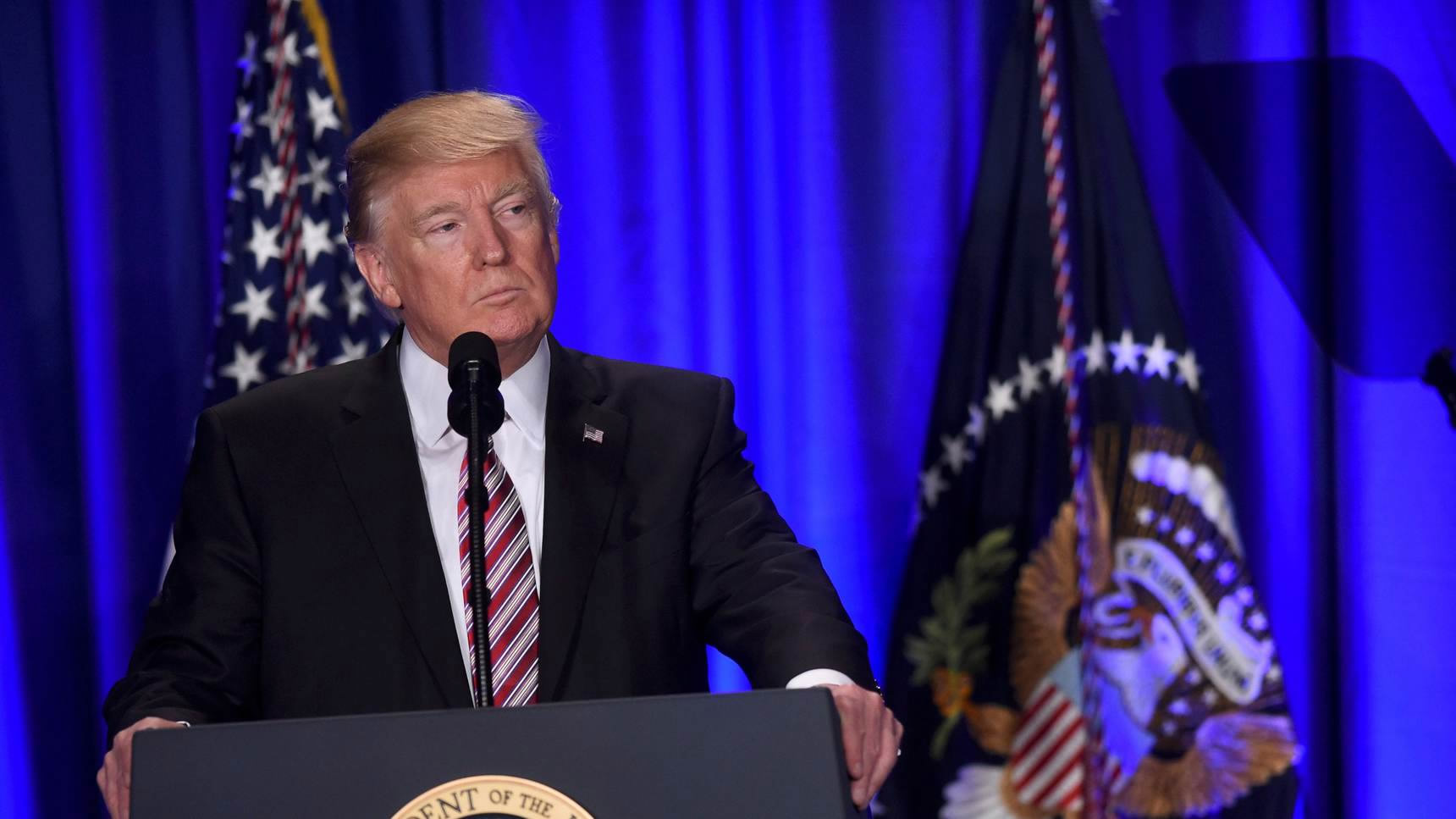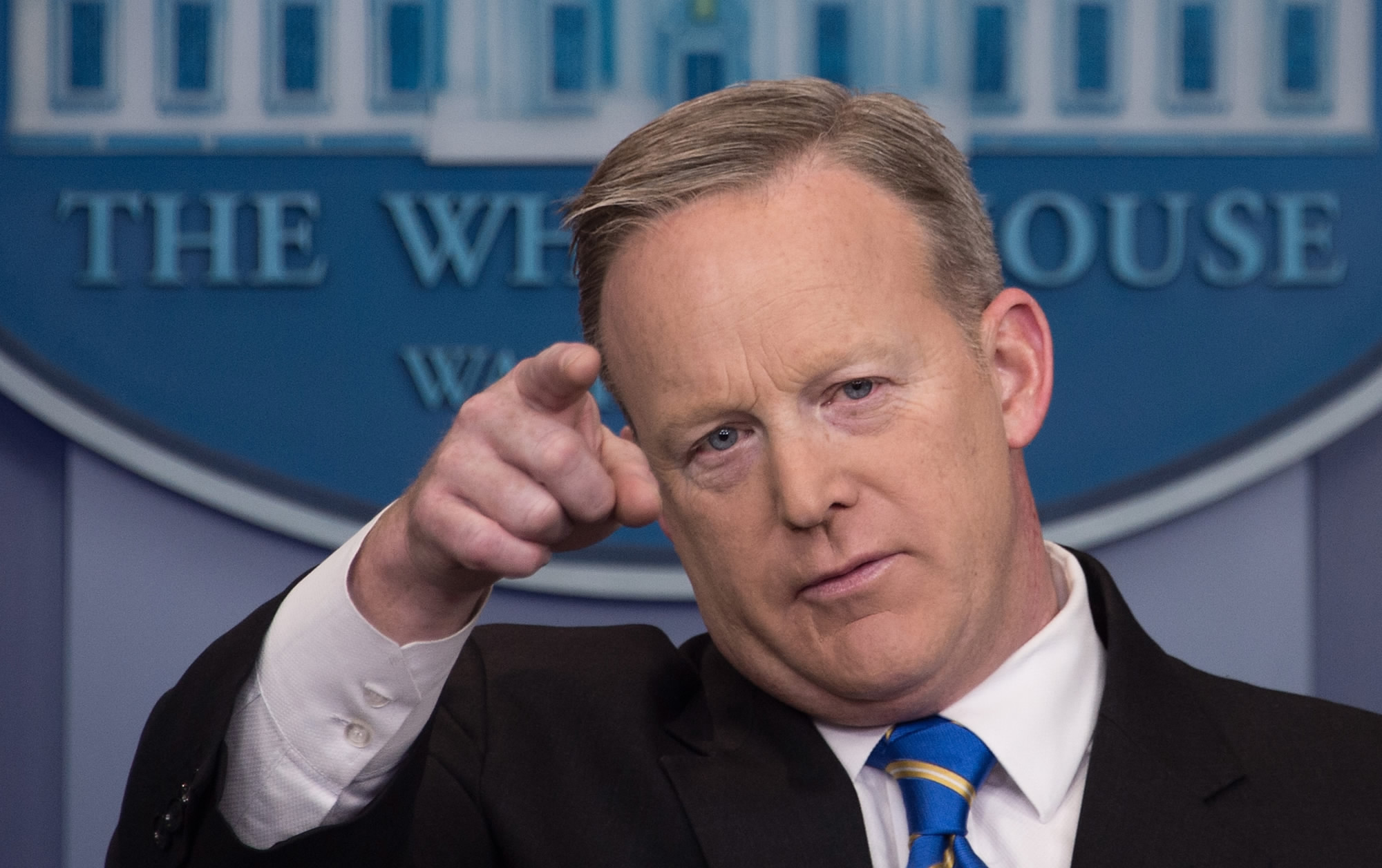
Politics
09:51, 27-Jan-2017
Trump seeks 20% tax on Mexican imports to fund border wall
Updated
10:38, 28-Jun-2018

US President Donald Trump wants a 20-percent border tax on all imports from Mexico, said White House spokesman Sean Spicer on Thursday.
Spicer said Trump wanted to use the new tax to fund the proposed wall between the United States and Mexico.
Spicer's words came hours after Mexican President Enrique Pena Nieto canceled a meeting with Trump scheduled for next Tuesday in Washington.
Spicer didn't release any details about how the new tax would work.

White House spokesman Sean Spicer speaks at the daily press briefing at the White House in Washington, DC, on January 24, 2017. /CFP Photo
White House spokesman Sean Spicer speaks at the daily press briefing at the White House in Washington, DC, on January 24, 2017. /CFP Photo
"We're working on a tax reform bill that will reduce our trade deficits, increase American exports and will generate revenue from Mexico that will pay for the wall if we decide to go that route," said Trump at a party retreat in Philadelphia on Thursday.
Analysts said although the US president has the authority to impose tariffs, Trump cannot simply impose a new tax on imports from Mexico because of the North American Free Trade Agreement (NAFTA), which eliminated all tariffs among Canada, United States and Mexico.
If Trump wants to impose a border tax against Mexico, he needs to withdraw the United States from NAFTA first. After giving the other two signatory nations six months' notice, the United States could then impose tariffs against Mexico.
Building a wall at the US southern border with Mexico, to be funded by Mexico, was one of Trump's key election campaign pledges. He signed an executive order on Wednesday to build "a large physical barrier" between the two countries.
Trump reiterated earlier Wednesday during an interview that the wall project will start as soon as possible and be financed by Washington, but Mexico will "100 percent" reimburse the United States at "a later date," a notion which has been rejected by the Mexican government.
(Source: Xinhua)
11161km

SITEMAP
Copyright © 2018 CGTN. Beijing ICP prepared NO.16065310-3
Copyright © 2018 CGTN. Beijing ICP prepared NO.16065310-3